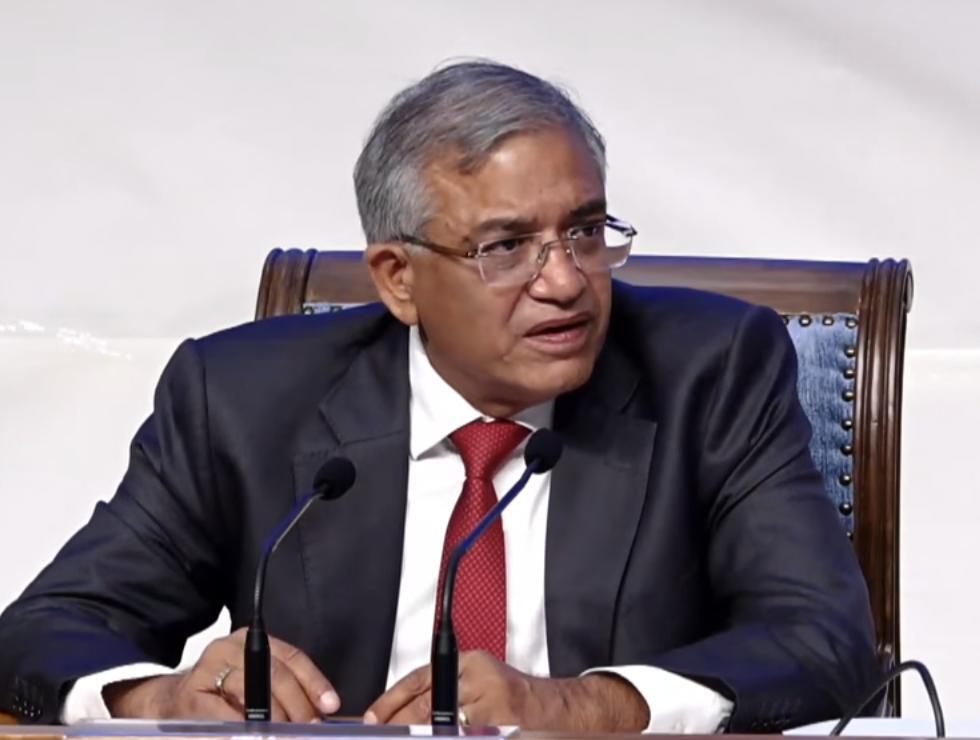
2003 Bihar SIR also conducted during monsoon, was a success: EC
The recent Special Intensive Revision (SIR) exercise conducted by the Election Commission of India (ECI) in Bihar has raised several questions among the citizens and the media. One of the key concerns is the timing of the exercise, which was conducted during the monsoon season. The Chief Election Commissioner (CEC), Gyanesh Kumar, has recently responded to this question, stating that the SIR was also conducted during the monsoon season in 2003, and it was a success.
The SIR exercise, which was conducted from July 14 to August 14, 2003, aimed to update the electoral rolls and ensure the accuracy of the voter lists. The exercise involved verification of the existing voter lists, deletion of duplicate or dead voters, and addition of new voters who had attained the age of 18 years and were eligible to vote.
The SIR exercise is an important part of the election process, as it helps to ensure the integrity and credibility of the electoral system. The exercise also helps to prevent bogus voting and ensures that only eligible voters are able to cast their votes.
The CEC’s response to the question about the timing of the SIR exercise is significant, as it highlights the EC’s ability to conduct such exercises successfully, regardless of the weather conditions. The monsoon season is considered one of the most challenging times for conducting electoral exercises, as it poses logistical challenges and makes it difficult to reach remote areas.
However, the EC’s experience in conducting the SIR exercise in 2003 during the monsoon season proves that it is possible to conduct such exercises successfully, even in challenging weather conditions. The EC’s decision to conduct the SIR exercise during the monsoon season was likely taken after careful consideration of the weather conditions and the availability of resources.
The SIR exercise in 2003 was conducted in 38,000 polling stations across the state, and it involved the deployment of over 1.5 lakh officials and workers. The exercise was completed in a record time of 30 days, which is a testament to the EC’s efficiency and organizational skills.
The success of the SIR exercise in 2003 during the monsoon season is a significant achievement for the EC, and it highlights its ability to adapt to challenging situations. The EC’s experience in conducting the SIR exercise during the monsoon season also provides valuable lessons for future electoral exercises.
One of the key lessons that can be learned from the SIR exercise in 2003 is the importance of proper planning and preparation. The EC’s decision to conduct the exercise during the monsoon season required careful planning and preparation to ensure that the exercise was conducted successfully.
Another important lesson that can be learned from the SIR exercise in 2003 is the importance of the role of officials and workers in the electoral process. The deployment of over 1.5 lakh officials and workers was crucial to the success of the exercise, and it highlights the importance of their role in ensuring the integrity and credibility of the electoral process.
The SIR exercise in 2003 is also significant because it highlights the EC’s commitment to ensuring the accuracy and integrity of the electoral rolls. The exercise was conducted to update the electoral rolls and ensure that only eligible voters are able to cast their votes.
In conclusion, the SIR exercise conducted in Bihar in 2003 during the monsoon season was a success, and it highlights the EC’s ability to adapt to challenging situations. The exercise was conducted in a record time of 30 days, and it involved the deployment of over 1.5 lakh officials and workers. The success of the SIR exercise in 2003 provides valuable lessons for future electoral exercises, and it highlights the importance of proper planning and preparation, the role of officials and workers, and the EC’s commitment to ensuring the accuracy and integrity of the electoral rolls.
Source: https://www.youtube.com/watch






